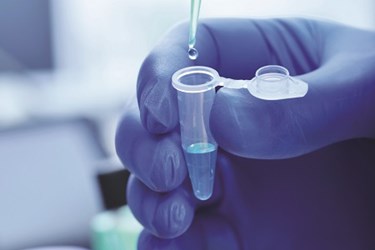Akashi Acquires Global Rights To Tarantula Venom DMD Therapy

Akashi announced that it had acquired global rights to GsMTx-4, an amino acid peptide toxin isolated from Grammostola rosea (Chilean rose) tarantula venom, in development with Tonus as a potential therapy for Duchenne Muscular Dystrophy (DMD).
The potential therapeutic therapies of the venom-extracted GsMTx-4 were discovered by a lab in New York, which found that specific tarantula venom might have other clinical uses as well. Early research indicates its potential use as a therapy for cardiac arrhythmias, pain management, glial tumors, neurite growth, and anti-microbal treatment, as well as muscular dystrophy.
DMD muscle cells have elevated levels of calcium, which may lead to the protein degradation associated with atrophy. It is hoped that therapies developed from GsMTx-4 will help DMD patients regain calcium homeostasis. In initial clinical studies developed by Tonus, results look promising.
According to Urs Ruegg, professor at the University of Geneva, this approach to calcium regulation is a new approach in DMD therapy. He explains, “We know that limiting calcium influx has the potential to slow disease progression. As GsMTx-4 is a blocker of stretch activated channels, it has the potential to help restore this homeostasis through modulation of these channels.”
The Akashi/Tonus agreement stipulates that Akashi will retain global rights to the compound and will fund all future development costs. Tonus will be eligible for royalties if a therapy proceeds to market.
Akashi, formerly known as DART, is a biotech based in Boston devoted exclusively to the study and development of DMD therapies. HT-100 recently received orphan drug status from the FDA and is currently undergoing phase 1a/2b clinical studies. GsMTx-4 has likewise received FDA orphan drug designation with hopes of speeding its development towards market.
DMD accounts for over half of all cases of muscular dystrophy and is the most progressive and degenerative. Though many therapies exist, there is currently no cure.
Marc Blaustein, CEO of Akashi, hopes that drugs currently in development at Akashi might make DMD a more manageable disease and extend the quality of life. “Our focus,” he says, “is on developing therapies in important parts of the cocktail that are underinvested in by the industry.”
